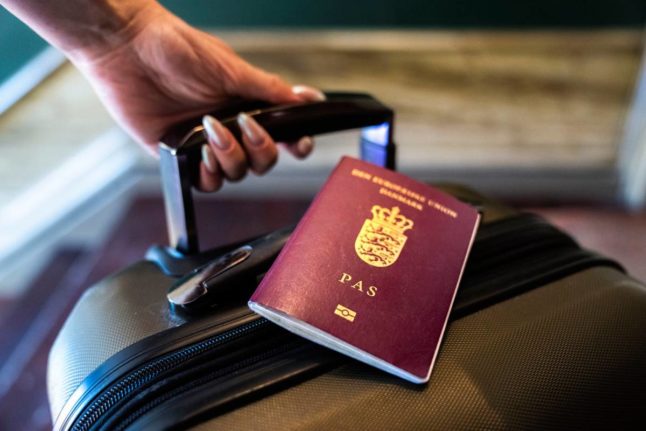Venstre's citizenship spokesperson Jan E. Jørgensen, told The Local that the change was a gradual and natural one.
The politically independent organisation Danes Worldwide has been representing Danes living abroad since 1919. The organisation's general secretary, Anne Marie Dalgaard, said that the new law is good for its members.
Until now, Denmark has been one of the last EU countries that doesn't normally allow dual citizenship through naturalisation. Yet according to the Justice Ministry, which administers laws concerning citizenship, up to 40 percent of people seeking to become naturalised Danish citizens get to keep their original citizenship, for instance if they are refugees and cannot go to their embassy to renounce their citizenship, or if they come from a country that doesn't allow its citizens to renounce their citizenship.



 Please whitelist us to continue reading.
Please whitelist us to continue reading.
Member comments